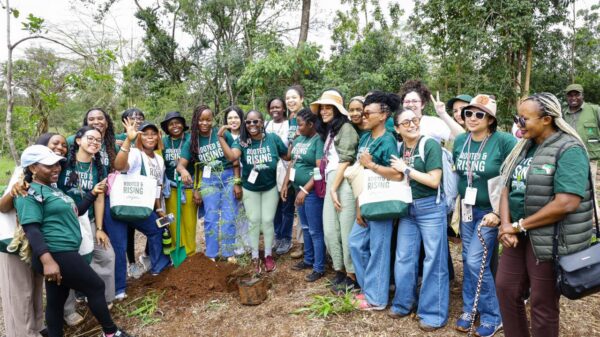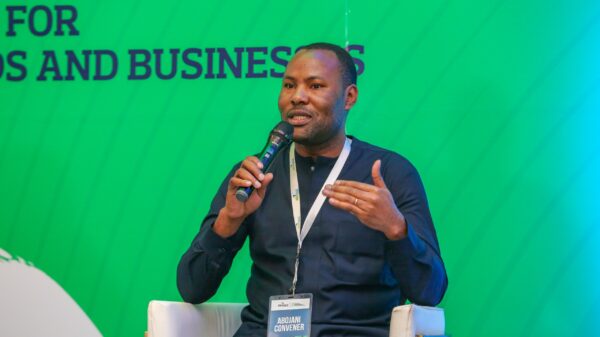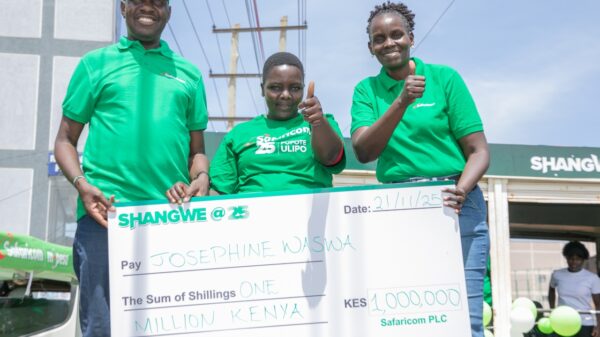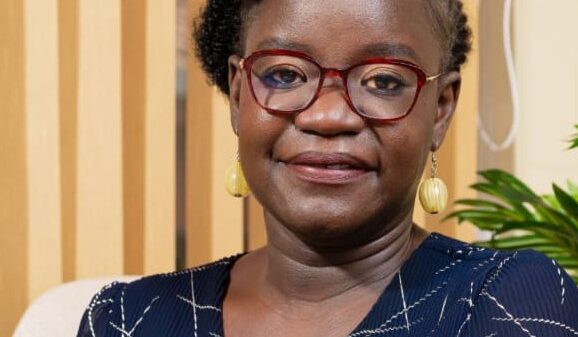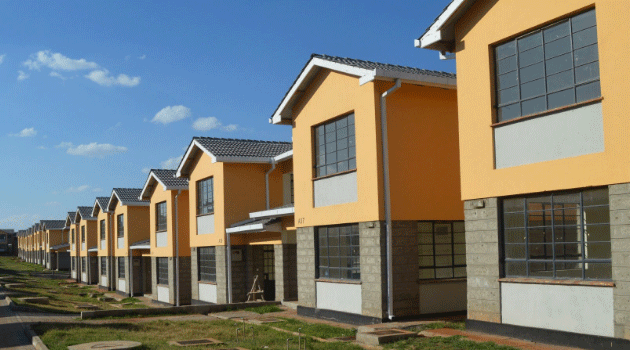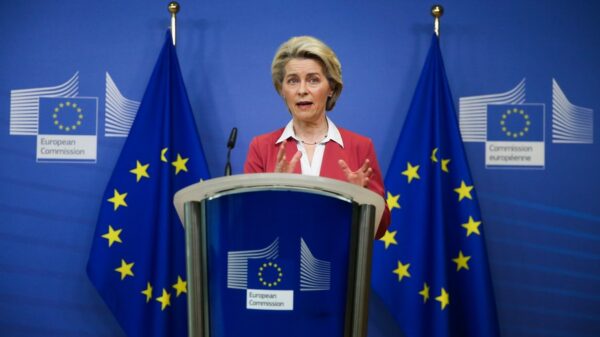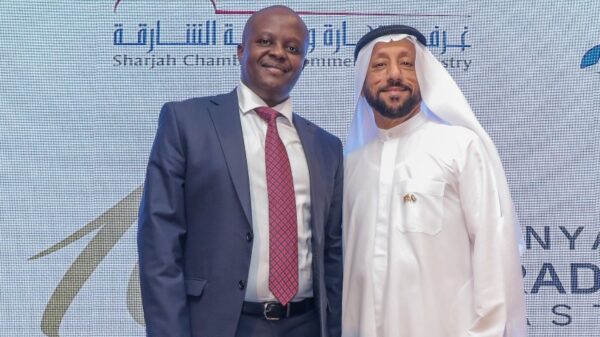NAIROBI, Kenya, Nov 22 – Kenya’s Mastercard Foundation EdTech Fellowship startups are urging sustained investment in education technology to scale their impact and reach underserved communities.
The calls come amid persistent funding gaps limiting adoption and growth across Africa’s EdTech ecosystem.
“Funding at EdTech startups is a challenge, especially when investors doubt the market viability in low-income regions,” said Rhoda Kingori, Co-Founder of Zydii.
“Even if learners can pay just a few shillings a day, the perception that EdTech isn’t profitable is holding back scalable solutions.”
Abdinoor Alimahdi, Co-founder and CEO of M-Lugha, noted that securing funds to reach marginalized learners remains a constant hurdle.
“The Fellowship has not only accelerated our growth as a company but has directly enhanced the impact we deliver to learners across Kenya and beyond,” he said.
Implemented by iHUB Kenya, the Mastercard Foundation Fellowship recently concluded its Cohort 3 acceleration with a Demo Day, showcasing 12 startups, 75 percent led by women founders offering innovations such as AI-powered adaptive learning platforms and solar-powered offline classrooms.
The startups have collectively empowered over 8,800 educators and reached more than 580,000 learners, including those with hearing and visual disabilities.
Each startup in the Fellowship receives up to $100,000 (Sh15.3 million) in equity-free funding, enabling them to scale solutions and expand learner reach.
“We’re seeing a new generation of African innovators redefining what equitable and impactful education can look like,” said Nissi Madu, Managing Partner at iHUB.
“But there’s still a huge need for more venture capital to help these solutions scale and reach learners in rural and underserved communities.”
Madu added that iHUB is working with investors through roundtables and advisory series to encourage more capital flow into EdTech.
Global venture capital investment in EdTech dropped to $2.4 billion (Sh367.2 billion) in 2024, marking the lowest level in about a decade, down 89 percent from a peak of $20.8 billion (Sh3.18 trillion) in 2021.
Despite the decline, average deal sizes are increasing, with funding per round in 2024–2025 reaching around $7.8 million (Sh1.19 billion).





